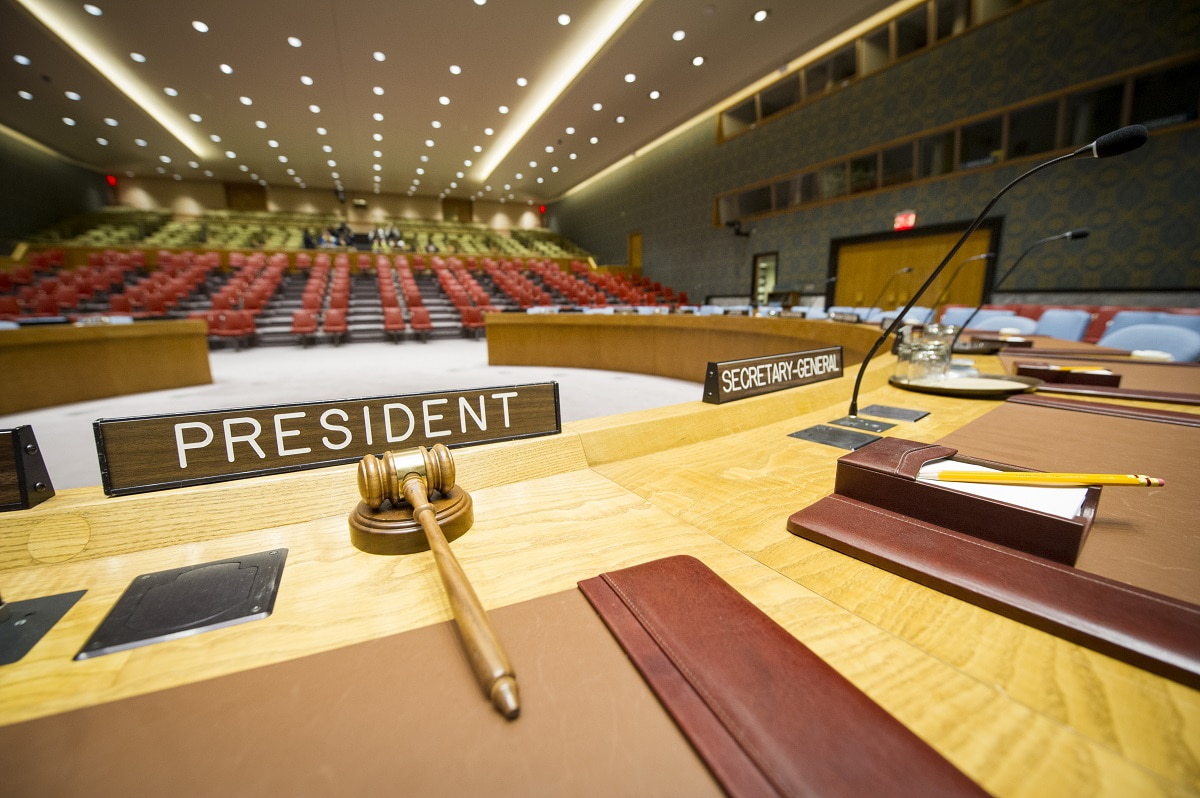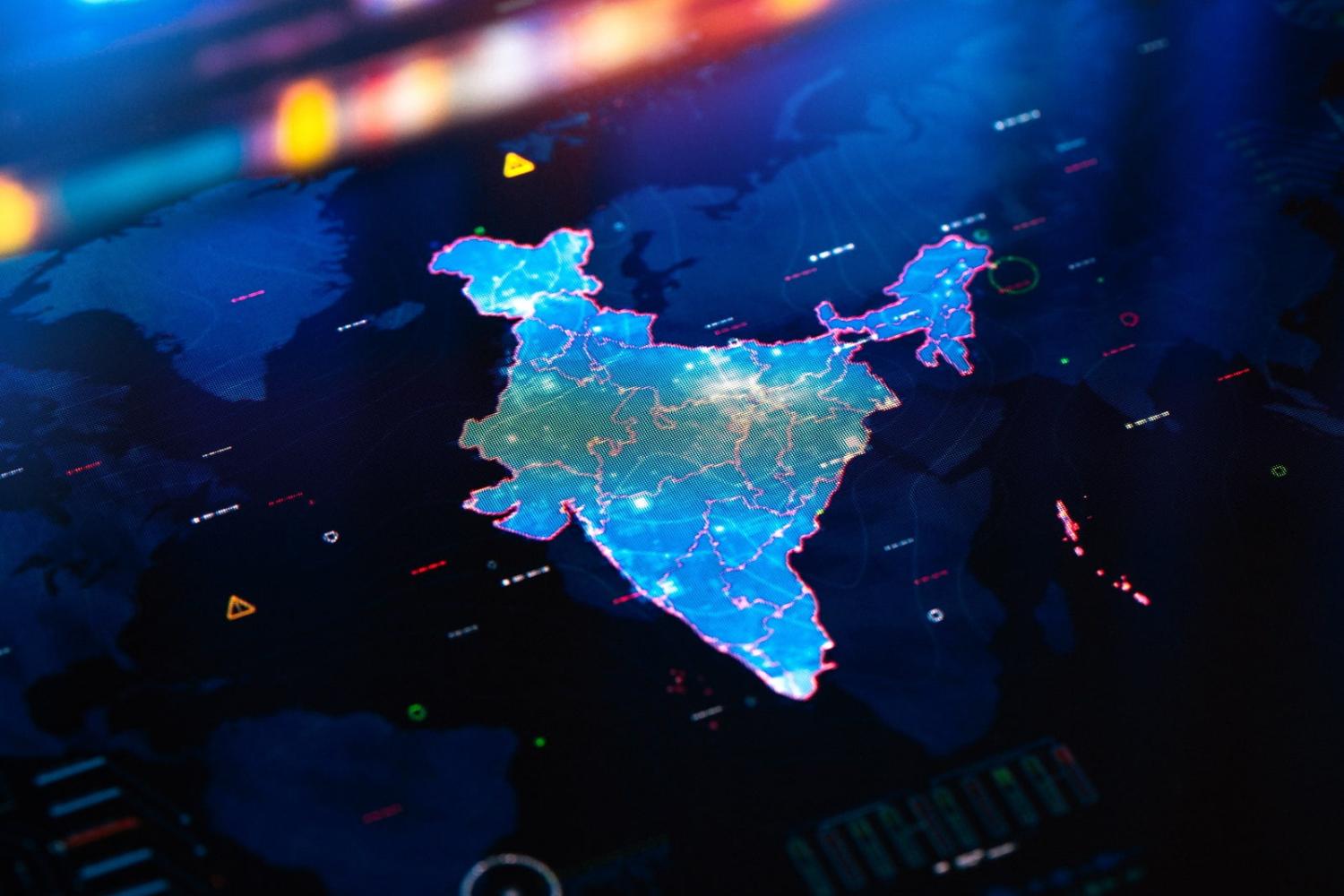India has, time and again, been questioned by Europe on its commitment to buying Russian oil despite the sanctions on Moscow, against the backdrop of the ongoing armed conflict between Russia and Ukraine. This question came up again at last month’s Munich Security Conference. India’s External Affairs Minister rightfully said that in the contemporary world, having a unidimensional approach to building relationships is not as sensible as having multiple options, reaffirming New Delhi’s multi-alignment approach.
India continuously pushes for a multilateral world order across international forums, which is essential given the historic divide between the Global North and Global South. This is something that the Indian government has been trying to establish within the UN Security Council as well as through its reformed multilateralism agenda. While there is merit in India’s multi-alignment approach, it is also counterintuitive to securing and carrying out the responsibilities of permanent membership of the Council.
To a certain extent, UN Security Council permanent membership defines the power structure of the global order. India’s efforts to bring about a systematic transition to multipolarity at the United Nations will aim to change the balance of power dynamics and how power is measured in contemporary global politics. However, such a change in the status quo of power structures can only be brought about by system-determining states.
Building upon the systems theory of international relations, Robert Keohane in 1969 described system-determining states as those that play a critical role in shaping the system, such as the two great powers in a bipolar system. A paper published in 2022 by Edström and Westberg contextualised the system-determining concept in contemporary times, highlighting the UN’s P5 or “the big five” – the United States, China, France, Russia and the United Kingdom – as the system-determining states of today.
In this respect, India fits well with the description of a system-influencing state. Keohane describes these as states that cannot expect individually to dominate a system but that may nevertheless be able to significantly influence its nature through unilateral as well as multilateral actions. New Delhi’s influence in making the Global South relevant and becoming the voice of the Global South are key examples here. Under its G20 presidency, being able to add the African Union as a full-time member was one of New Delhi’s most influential recent acts.

Thus, India, due to its multi-alignment approach, has been able to garner an influential status in the current global system. However, this might not be enough to fulfil the characteristics of a permanent representative at the UN Security Council. India’s position on the two major armed conflicts that the globe has witnessed in a post-Covid world order raises concerns that New Delhi’s multi-alignment approach hinders its system-determining decision making.
On many occasions, when a permanent member of the UN Security Council exercises its veto, that instance could be frustrating for global peace. This has been witnessed during the conflict between Russia and Ukraine and also recently between Israel and Hamas. However, a non-abstention voting approach confirms that a permanent member of the UN Security Council is taking a step towards determining the rules of the global system.
India went on to abstain from all resolutions relating to the armed conflict between Russia and Ukraine at the UN General Assembly Emergency Special Session (UNGA ESS), despite all its resolutions requesting the aggressor to withdraw its forces from Ukraine. This voting behaviour continued when the UNGA ESS voted on a resolution on the Israel–Hamas situation on 27 October last year. Such abstention-oriented voting is rooted in a multi-alignment policy, which aims to keep all the stakeholders content for India’s strategic interests.
India’s Permanent Representative to the UN, Ruchira Kamboj, while delivering the explanation of New Delhi’s vote on UNGA ESS resolution ES-11/6 asked, “Has the UN system, and particularly its principal organ, the UN Security Council, based on a 1945-world construct, not been rendered ineffective to address contemporary challenges to global peace and security?” Kamboj’s remark indicated the need for reforms within the UN Security Council, given the Council has several times reached a deadlock on crucial matters of international security and peace. However, India’s abstention route wouldn’t change the outcomes in the Council, given an abstention will not play a determining factor.
Back in 2011–12, during its seventh term as a non-permanent member, it was argued that “India did not succeed in acting as a bridge between the concerns of the western powers and the developing world or between east and the west.” This implies that a decade ago, India did not even have system-influencing power. Since then, New Delhi has positioned itself as the voice of the Global South and taken its reformed multilateralism agenda forward. But this can only take India so far. This influencing orientation might help New Delhi in positioning its cause for reformed multilateralism across the UN General Assembly, but finding a seat at the UN’s most powerful body is not assured.
Following a multi-alignment approach makes India an influential voice in the contemporary global order, but that same approach also inhibits it from being a determining power, which is essential for becoming a great power. India’s foreign policy and its global position have indeed benefited from the multi-alignment approach. However, it might not be the key to unlocking New Delhi’s ambitions at the UN Security Council.

